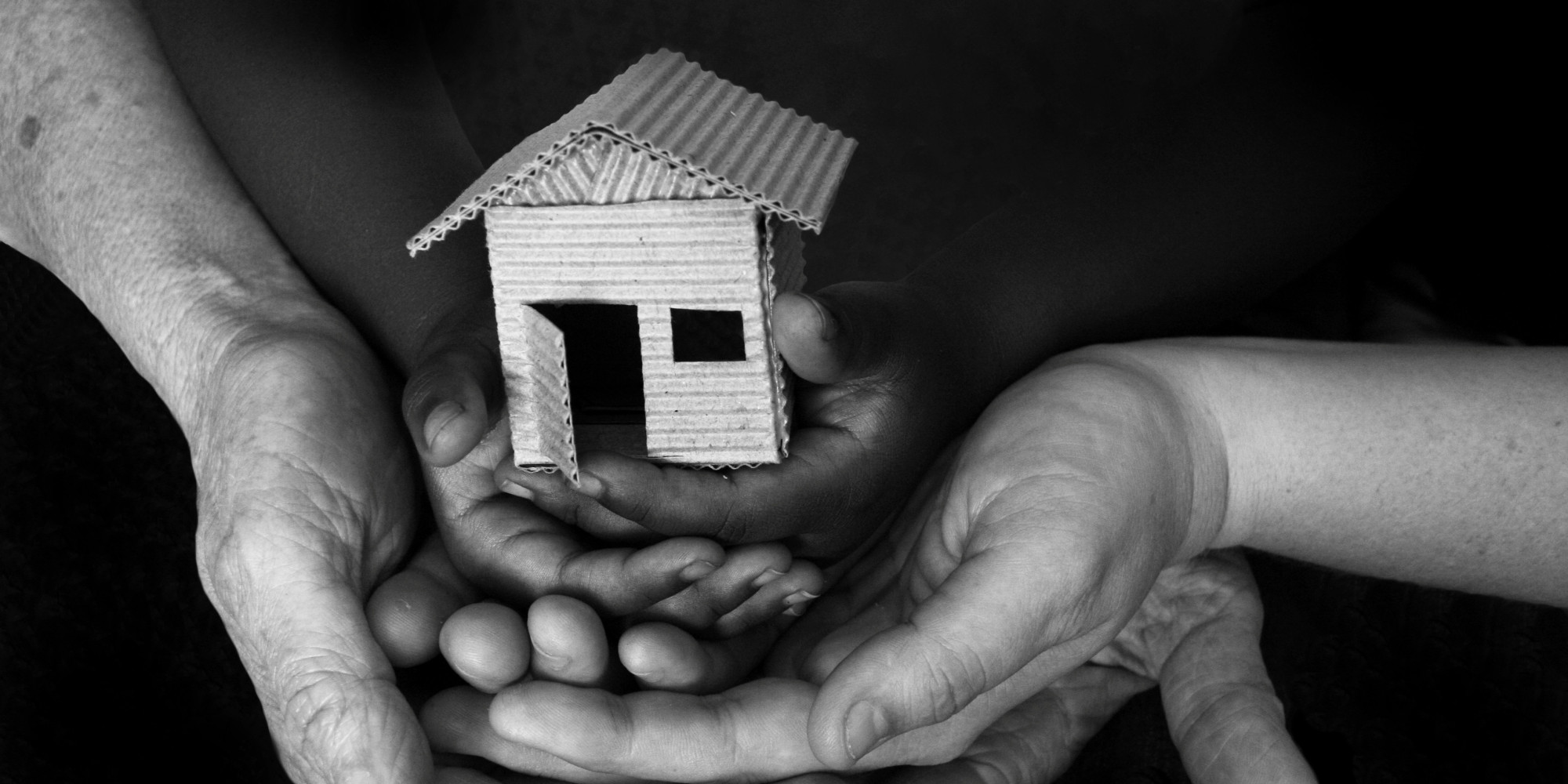Systemic failures deepening Scotland’s homelessness crisis, warns Regulator

Scotland’s housing system is facing a deepening crisis, with systemic failures in homelessness services continuing to leave many of the country’s most vulnerable people without the support they are legally entitled to, according to the Scottish Housing Regulator.
Publishing its annual report and accounts for 2024/25 today, chief executive Michael Cameron and now-departed chair George Walker warned that the scale of demand now exceeds the system’s capacity to respond, with several councils unable to meet their statutory duties to people experiencing homelessness.
“Systemic failure is continuing to impact the delivery of homelessness services in some areas in Scotland,” the statement said. “The demands on the system, in terms of the number of people and the level of need they have, exceeds the capacity to respond and for some councils this goes beyond that which they alone can deliver.”
As of March 2025, the Regulator has assessed three local authorities as experiencing systemic failure, with a further eight at heightened risk. These findings come less than a year after the Scottish Parliament declared a national housing emergency in May 2024, followed by 13 of Scotland’s 32 councils declaring local housing emergencies.
The Regulator’s assessment paints a picture of a system under extreme strain. Local authorities are struggling to provide enough temporary accommodation and permanent homes for the growing number of people presenting as homeless. Many councils are also breaching the Unsuitable Accommodation Order, which sets legal standards for temporary housing.
The Regulator has made clear that the situation requires “a systemic intervention”, not just piecemeal measures.
“Over the longer term, this is about reducing demands on the system by preventing homelessness and increasing the capacity by building new homes,” Walker and Cameron stated. “However, we see many landlords scaling back on plans to build new homes due to limited funding, supply chain issues, higher costs and labour shortages.”
These economic pressures, compounded by rising interest rates and the ongoing cost-of-living crisis, are constraining the ability of councils and housing associations to expand or even maintain housing stock. The Regulator notes that a significant reduction in statutory breaches would be a key indicator that the system is beginning to recover.
The Regulator is calling for urgent action to increase capacity, particularly through investment in suitable temporary accommodation and the construction of affordable permanent homes. It has pledged to continue working with the Scottish Government and other stakeholders to identify and implement measures to address the crisis.
“There is an immediate need now to increase capacity in the system to meet the current level of need,” the Regulator said. “We will continue to monitor, assess and report on councils’ performance in discharging their duties to people who are homeless, and we will engage with councils to promote improvement where this is possible.”
The statement also makes clear that tackling homelessness must remain at the forefront of Scotland’s social housing priorities. Without decisive action, the Regulator warns, systemic failures will persist and undermine national efforts to reduce poverty and inequality.
While homelessness dominates this year’s report, the Regulator also highlighted broader challenges facing the sector. Social landlords are grappling with mounting financial pressures, including the costs of net zero investments, building safety, and maintenance amid ageing housing stock and material shortages.
In parallel, the Regulator continues to monitor issues such as tenant safety, RAAC concrete, and compliance with fire and electrical safety standards. It has also introduced new Scottish Social Housing Charter indicators to track progress on tackling damp and mould, starting in 2025/26.
Despite the grim outlook, Walker and Cameron acknowledged the resilience and dedication of those working in social housing, praising their ongoing efforts to support communities under immense strain.
“Together, they continue to support some of the most vulnerable people in Scotland,” they said. “Social housing provides important wider benefits to Scotland and makes a vital contribution to many of the Scottish Government’s National Outcomes, not least around reducing child poverty and improving health outcomes. It is critical we and all our stakeholders continue to strive to sustain that contribution.”



